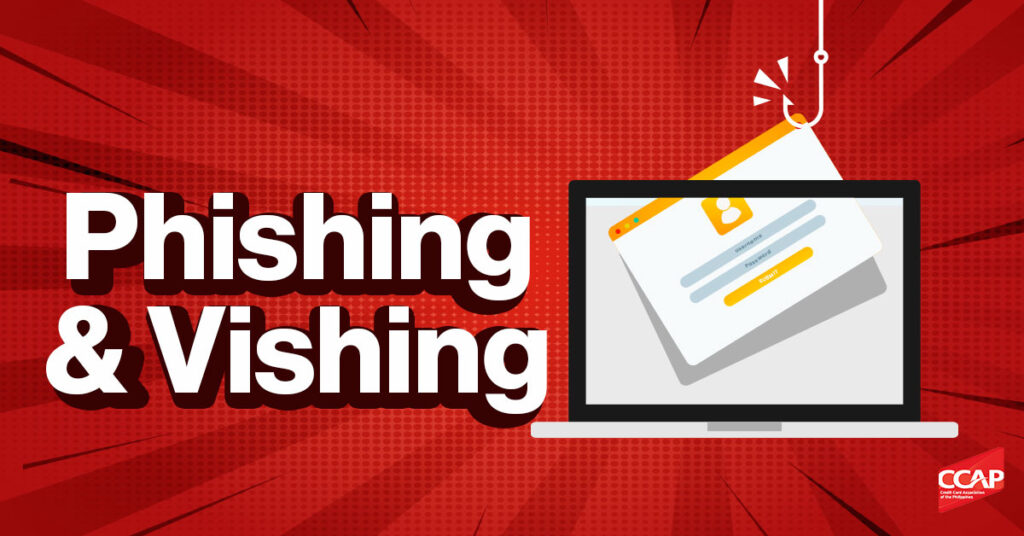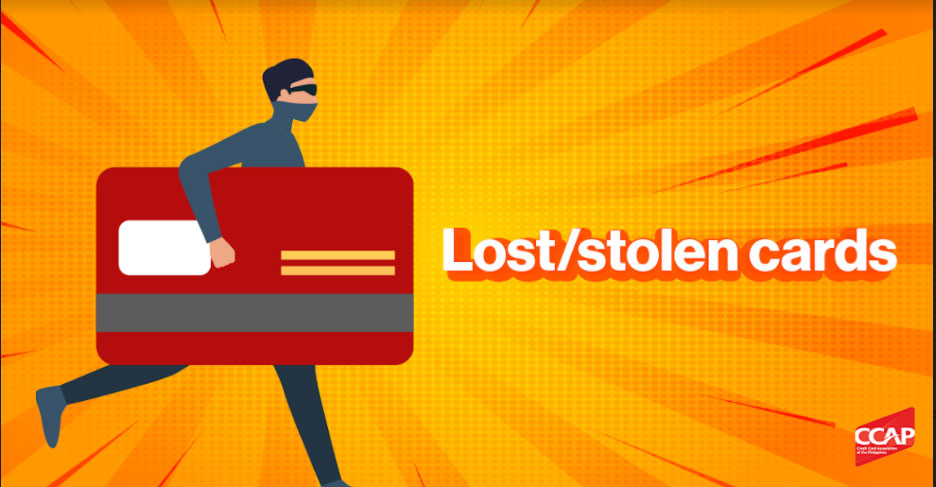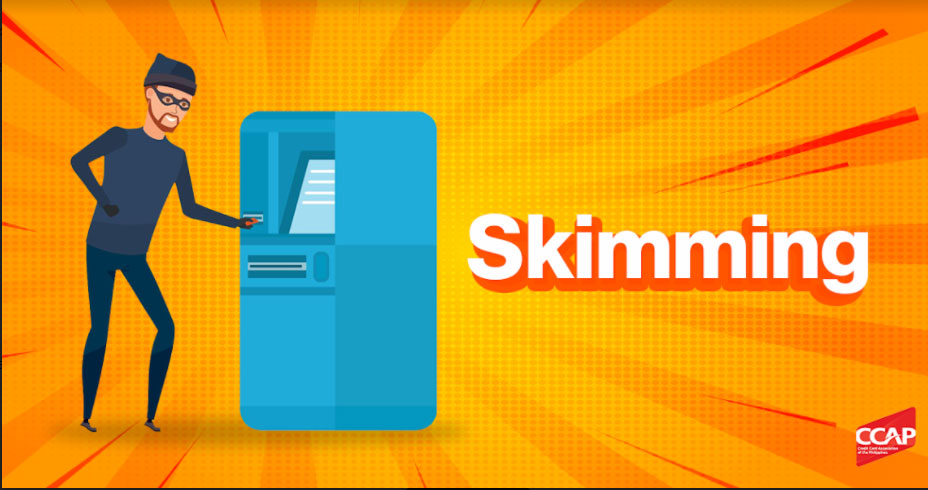Protect yourself from fraud and be part of the #FightBudolMovement
by Elton Gagni / July 15, 2021
The rise in online transactions has also seen the growth of fraudsters as many cardholders fall victim to their tricks, granting them access to personal information and unauthorized transactions. A recent study revealed that 44 percent of Philippine-based consumers have been targeted by digital frauds over the course of the pandemic.
To help create more public awareness, the Credit Card Association of the Philippines (CCAP) spearheaded the #FightBudolMomvement as a means of educating consumers on how they can protect themselves.
Among the types of fraud that have been identified include the following:
Phishing & Vishing

Phishing is usually done via emails, fake job search sites, banner ads, fake browser toolbars, text messages, and chat room messages, while Vishing happens via phone calls from scammers. What scammers aim to do is lure victims into giving their sensitive data by offering fake and highly enticing promotions or even by claiming that the account has been compromised and will be blocked.
What you can do: Carefully examine the emails and messages and do not click on the links right away. Contact your bank immediately to verify the validity of the email or message. Similarly, listen carefully to phone calls as scammers also pretend to be bank representatives. When in doubt, best to ignore and not entertain them. Remember, never give away your sensitive information to anyone, especially when visiting unverified websites.
Lost or Stolen Cards

No matter how careful you are, there may be times when bad luck will just strike. And sometimes, it could cost you not only your wallet, but your personal information from your IDs and credit cards. Whether you’ve misplaced your cards or they’ve been stolen, keep in mind that they are at risk of being used for unauthorized transactions under your name.
What you can do: Contact your bank right away and report your lost or stolen cards so they can block your accounts immediately. Pro-tip: Treat your cards like cash and don’t place them in areas where they can be easily seen and stolen. Consider having separate pouches for cards and cash so you do not lose everything in one go.
Card Replacement Scam

Out of the blue, you receive a call or message advising you to surrender your credit card since it is due for a replacement and an upgrade. Since the offer sounds really good to pass on, you willingly submit and give up your card. Sooner than later, you realize that it was a scam and your bills are already stacking up because a scammer is using it to make expensive purchases.
What you can do: Always be careful and mindful of calls or messages about your credit card or bank account. Keep in mind that banks will never ask you to surrender your card even if it is up for replacement. Instead, they will advise you to destroy it or to go to their branch to give you the replacement card.
Skimming

Skimming takes place when an automated teller machine (ATM) or a credit card terminal have been rigged or tampered with. Whether you’re checking your balance, withdrawing cash, or making payments, fraudsters can easily get your personal information because they’ve already installed a device on the machine to skim your card’s magnetic stripe and obtain your account details.
What you can do: Thanks to bank upgrades, skimming is now harder to do because of credit card microchips and EMV technology. However, cardholders should remain vigilant and make sure that all of your credit card transactions happen in your presence. Keep on checking ATMs for skimming devices by shaking the card scanners before inserting your card.
Other ways you can protect yourself from fraudsters and scammers:
Avoid using public WIFI for credit card transactions because these free connections may or may not have been compromised by those who are waiting for people to expose their sensitive information. Another is keeping your contact information updated with your issuer so they can reach you for any suspicious and unusual account activities. Remember that issuers will call you to verify transactions, but will not ask for your sensitive information.
When you encounter suspicious activities or unexpected declined transactions, advise your bank immediately. You can also use your bank’s mobile app to track your activities. If the lock/unlock feature is available, choose to lock the card when not in use for increased safety. Always be on the lookout as well for notifications from your issuers.
In a broader sense, the key to avoiding scams is keeping your account details secured and inaccessible to the public. Never share these, like your CVV or one-time-pin (OTP), with anyone!
As cardholders, you should take control of your credit card transactions and be extra vigilant especially online as it is one of the prevalent ways that fraudsters can gain access to your sensitive information. Hopefully with these nuggets of wisdom from CCAP, you can be part of the #FightBudolCampaign to protect yourself, ward off fraudsters and take charge of your finances!
Follow CCAP on Facebook to learn more about CCAP’s campaign.
Read also
- Don’t be a fraud victim this 2021!
- Safe and Sound : The real meaning of security in the digital age
- Things to avoid during virtual job hunts



